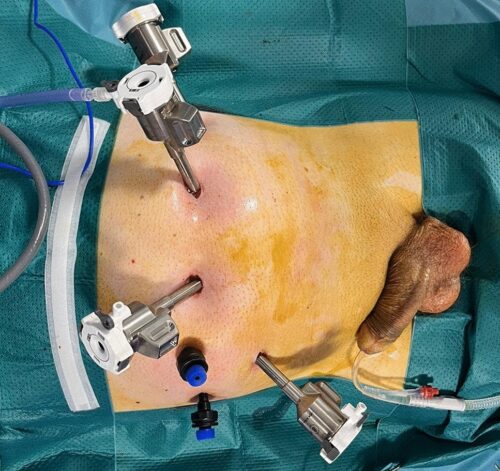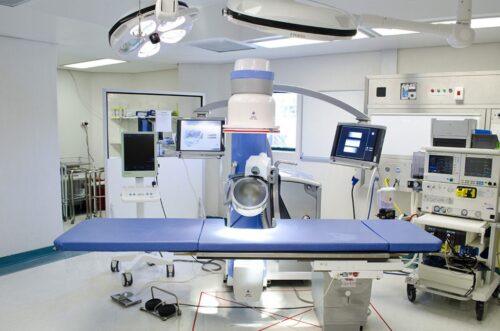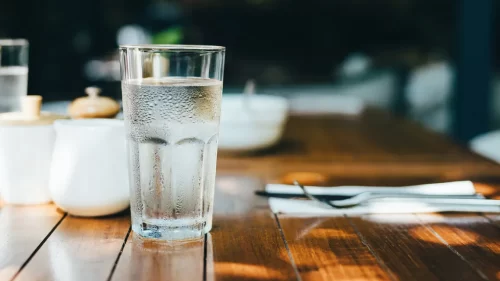Your kidneys are the filters of your body. Each of them is only about the size of a fist, but they serve several vital functions. Apart of getting rid of waste from the body, the kidneys also help make red blood cells and regulate your blood pressure. If they aren’t kept healthy, though, they can cause a variety of kidney disease symptoms, from kidney stones to infections that could require a kidney transplant.
Here are some facts you should know:
Kidneys make pee
As part of the body’s urinary system, kidneys create urine from urea, water, and other waste products. The fluid flows from the kidney’s tubules, which are found inside the nephrons, to two tubes called ureters. The ureters then release the urine into the bladder—and you know what happens from there. But if problems occur, the urine can get backed up and cause kidney infections. In addition, in cases where minerals in the urine crystallize, kidney stones can form.
You can live on just one kidney
Your kidneys filter over 100 liters of blood daily
Although the heart is responsible for pumping blood throughout the body, the kidneys are doing their fair share of work, too. They filter a half-cup of blood every minute, which works out to be 45 gallons of blood per day—or enough to fill a small bathtub.
Excessive Ibuprofen and Aspirin use can harm your kidneys
All drugs pass through your kidneys. So if used daily for long periods of time, pain medications like ibuprofen, higher-dose aspirin, and naproxen can damage kidneys and potentially cause a disease called chronic interstitial nephritis. However, taking a daily low-dose aspirin to prevent heart attacks has no effect on kidney function.
Drinking TOO MUCH water can hurt your kidneys
Staying hydrated helps keep your kidneys in good working order, but on the flip side, drinking too much water can cause a condition called hyponatremia, which occurs when the sodium in the blood becomes diluted because the kidneys can’t get rid of the fluid fast enough. Although very uncommon, the condition can be severe, causing swelling of the cells.
Read our article on home remedies that can lower your risk of kidney stones. HERE
Book an appointment today for an assessment by calling +2348033103165 or +2349067768799.


